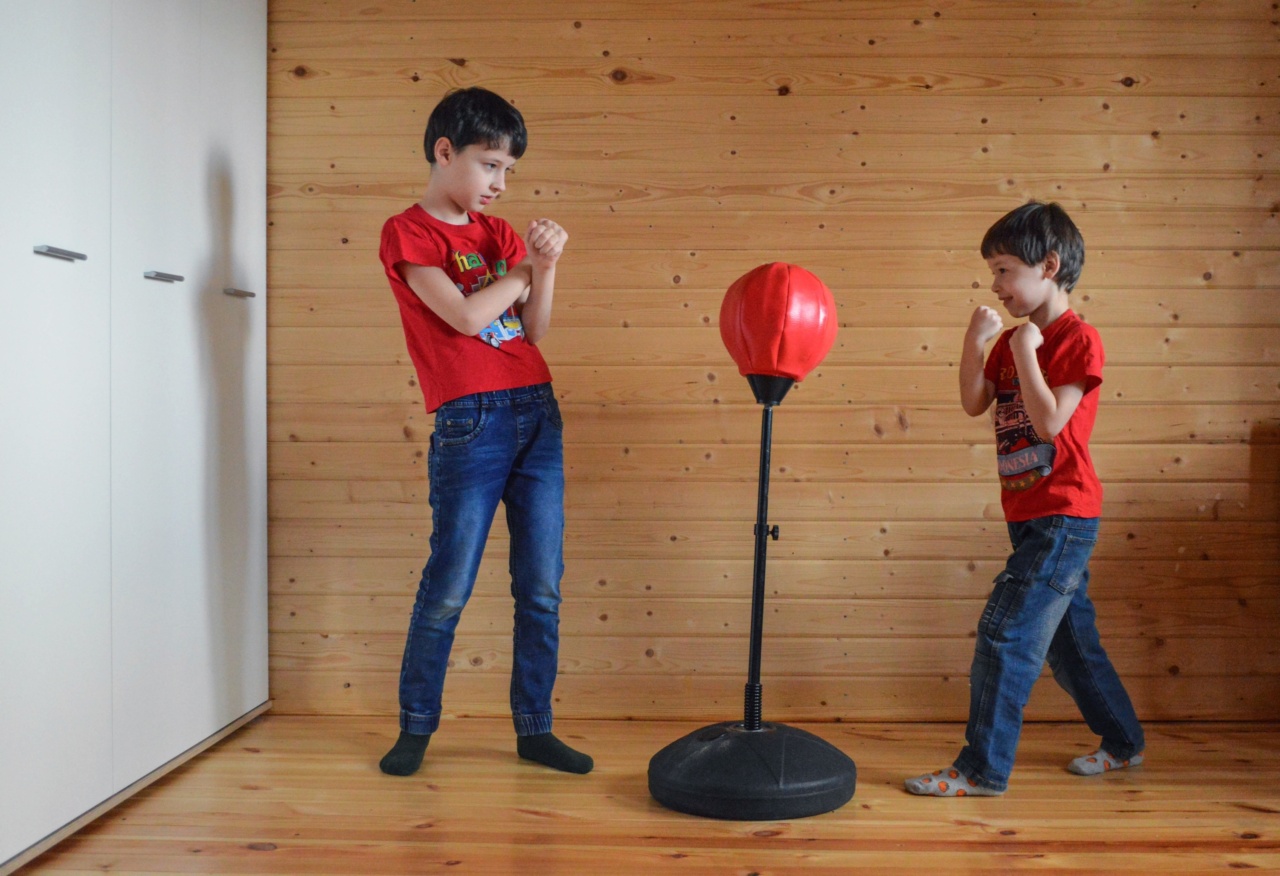When we think about the well-being of a child, we often consider factors such as nutrition, education, and healthcare. However, recent research has found that a father’s age can also have a significant impact on a child’s overall well-being.
In this article, we will explore the potential effects of a father’s age on their child’s development and discuss the reasons behind these impacts.
Physical Health
One of the primary ways in which a father’s age can affect a child’s well-being is through physical health.
Studies have found an association between older paternal age and an increased risk of certain health problems in children, such as autism, schizophrenia, and even some genetic disorders.
The reason for this is believed to be related to the increased likelihood of genetic mutations in sperm as men age. These mutations can then be passed on to their children, leading to an increased risk of various health issues.
While the overall risk of these conditions is still relatively low, the age of the father can play a role in determining a child’s susceptibility.
Emotional and Behavioral Development
In addition to physical health, a father’s age may also impact a child’s emotional and behavioral development.
Some research has found that children born to older fathers may be at a higher risk for certain emotional problems, such as anxiety and depression. Additionally, older fathers may be less physically active and have less energy to engage in play and other activities with their children, potentially impacting their cognitive and social development.
Parenting Styles
Another factor that may contribute to the impact of a father’s age on a child’s well-being is their parenting style.
Older fathers may be more likely to have a more distant or authoritarian parenting style, which can affect their child’s relationship with them and their overall development. Additionally, older fathers may also have a harder time keeping up with new parenting trends and strategies, potentially affecting their ability to provide effective parenting strategies and support for their children.
Relationship with Mother
The relationship between a father and mother can also play a role in the impact of paternal age on a child’s well-being.
Older fathers may be more likely to have difficulties with relationships, such as separation or divorce, which can be disruptive to a child’s development. Additionally, if there is a significant age gap between the father and the mother, this could also impact the relationship dynamic and, in turn, affect the child’s overall well-being.
Financial Stability
Finally, it’s worth considering the potential impact of a father’s age on their financial stability, as this can impact a child’s well-being in a variety of ways.
Older fathers may have more established careers and financial stability, but they may also have higher levels of stress associated with work and providing for their families. Additionally, older fathers may be more likely to experience health problems, which can affect their ability to work and provide for their families.
Conclusion
Overall, there are several potential ways in which a father’s age may impact a child’s well-being, from physical health to emotional and behavioral development, parenting styles, relationship dynamics, and financial stability.
While the exact mechanisms behind these effects are still being studied, it’s clear that fathers can play a significant role in their children’s overall well-being, and that age is an important factor to consider.































